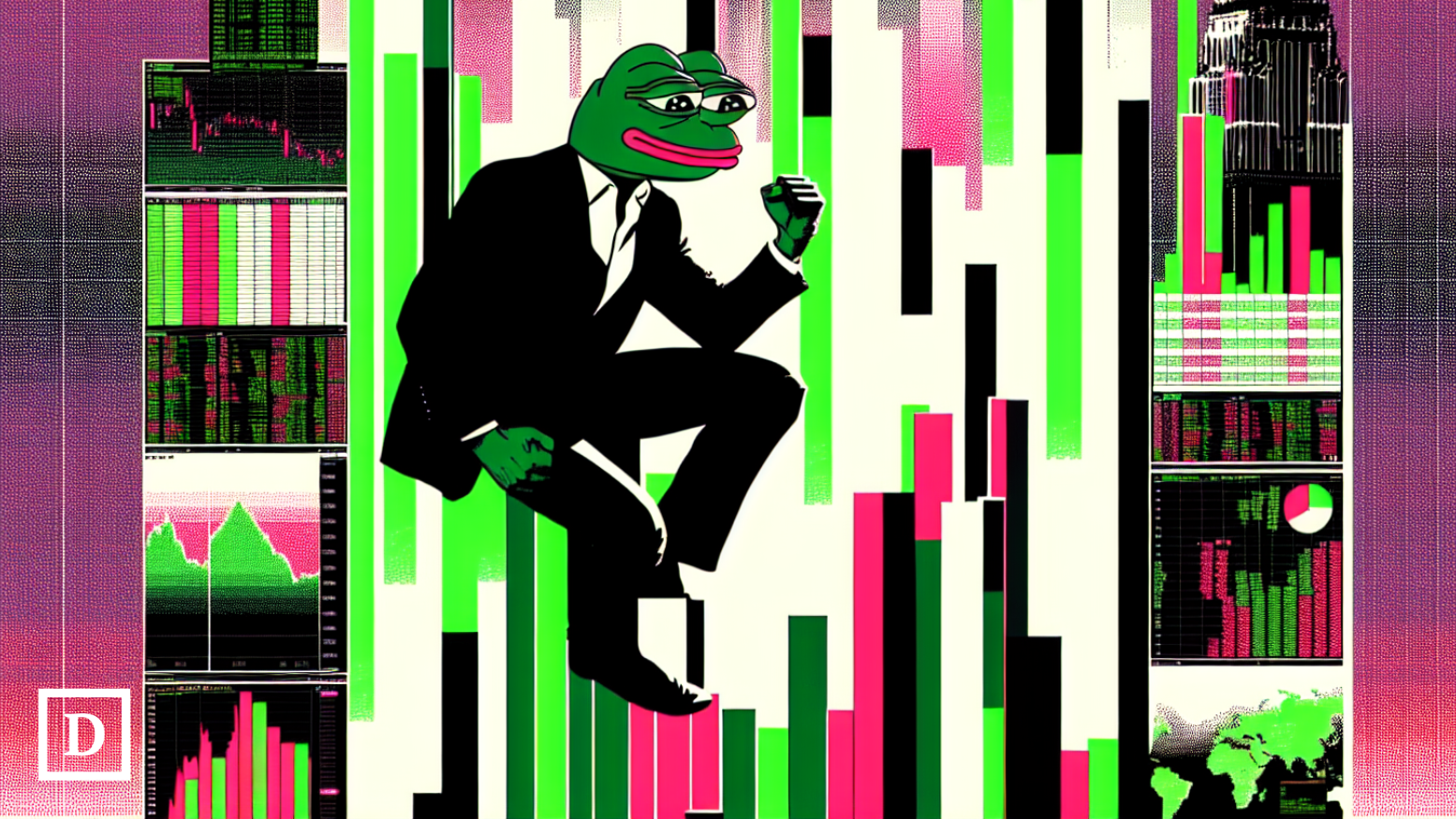Dinari Gains U.S. Broker-Dealer License to Launch Tokenized Stocks

Dinari Secures SEC Approval for Tokenized Stock Trading in the U.S.
Introduction to Dinari’s Groundbreaking Approval
Dinari, a pioneering onchain protocol specializing in tokenized securities, has received the green light from the Securities and Exchange Commission (SEC) to provide stock trading services to users in the United States. This significant development positions Dinari as the first U.S.-regulated platform for trading stocks and exchange-traded funds (ETFs) onchain.
- Introduction to Dinari’s Groundbreaking Approval
- The Rise of Onchain Securities in 2025
- Strategic Partnerships and Expanding Offerings
- Regulatory Changes Under the Trump Administration
- Surprising Developments in Tokenized Stock Trading
- Emerging Competitors in the Tokenized Securities Space
- Dinari’s Unique Offerings and Transparency
- Significant Growth and Total Value Locked
- Conclusion
The Rise of Onchain Securities in 2025
As discussions around onchain securities and commodities gain momentum in 2025, Dinari is set to launch its U.S. offerings in the coming months. The protocol is collaborating closely with the SEC to ensure compliance and transparency, as reported by Reuters. This approval marks a notable shift in regulatory attitudes, especially following a period of scrutiny under previous administrations.
Strategic Partnerships and Expanding Offerings
In a related announcement, centralized exchange Gemini has partnered with Dinari to offer tokenized MSTR (MicroStrategy) stock to its users in Europe. This collaboration hints at a broader strategy to introduce additional tokenized stocks and ETFs in the near future, enhancing the trading landscape for digital assets.
Regulatory Changes Under the Trump Administration
The recent approval reflects a broader pro-crypto regulatory shift under the Trump administration, which has seen the SEC ease its stance on established DeFi and cryptocurrency firms. The agency has notably dropped many ongoing investigations and legal actions against these companies, signaling a welcoming environment for innovation in the financial sector.
Surprising Developments in Tokenized Stock Trading
While many anticipated regulatory changes, such as the approval of perpetual futures, the SEC’s decision to endorse tokenized stock trading was unexpected due to the complex legal landscape surrounding financial markets. This marks a significant departure from the SEC’s previous approach, particularly during the Biden administration, which had taken a more cautious stance on tokenized securities.
Emerging Competitors in the Tokenized Securities Space
Recently, other players in the market, including Opening Bell—a platform launched by Robert Leshner, founder of Superstate and Compound—have introduced their own tokenized securities trading solutions. Additionally, major exchanges like Coinbase and Hyperliquid are reportedly developing similar platforms, indicating a growing interest in this innovative trading model.
Dinari’s Unique Offerings and Transparency
Founded in 2021, Dinari allows users to trade dShares, which are tokenized securities backed on a one-to-one basis. Examples include AAPL.d (Apple) and AMZN.d (Amazon). To meet the transparency expectations of both the SEC and the DeFi community, Dinari publishes its holdings directly on its website, providing potential users with clear insights into its operations.
Significant Growth and Total Value Locked
Dinari has recently achieved a remarkable milestone, reaching an all-time high total value locked (TVL) of $58 million. This represents a staggering 760% increase since early March, coinciding with heightened discussions about regulated security tokens, particularly after Coinbase’s CFO, Alesia Haas, hinted at the potential for such innovations.
Conclusion
Dinari’s SEC approval and its strategic partnerships mark a pivotal moment in the evolution of tokenized securities trading in the U.S. As the landscape continues to shift, the protocol is poised to play a crucial role in shaping the future of digital asset trading.







